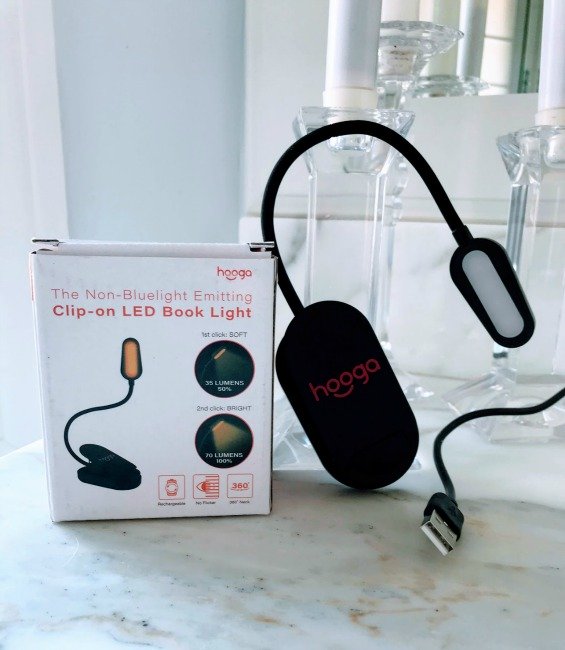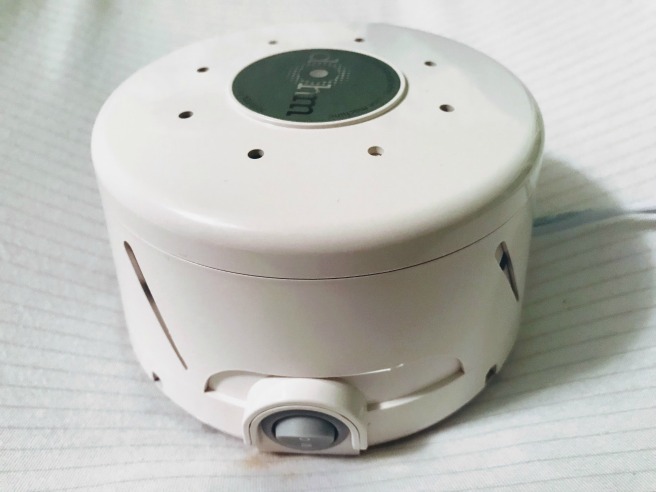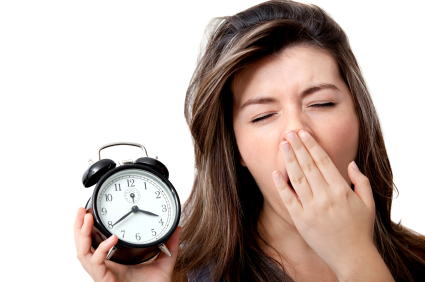Symptoms of Sleep Deprivation
Symptoms of sleep deprivation affect everyone at sometime in their life. Sometimes there is no choice in the matter. Life's circumstances, such as a new baby or or a project deadline may dictate how many hours of sleep one gets.
Or it may be that sleep is not a priority and a late night movie, a video game or internet search prevents a disciplined bed time.
Sleep deprivation is the lack of sleep either by choice or by circumstances. It is depriving one's self of sleep. We are not talking about insomnia here or the inability to fall asleep or stay asleep.
Sleep Requirements
How do you know if your tiredness, inability to concentrate or irritability with your co-workers and family are signs of sleep deprivation?
One is to first find out how many hours of sleep your body needs to wake up feeling rested and restored.
You can check out the
sleep chart
to see the average amount of sleep a person needs according to their
age. For those 18 and older the average is 7 - 8 hours of sleep. The
amount of sleep needed can vary but other circumstances that can affect
the amount of sleep one needs are heavy physical training and illness.
Then take note or write down for a week what time you go to bed/fall asleep and what time you wake up. Also note how many times during the night you wake up and how quickly you fall back to sleep. Here is a sample sleep log to use to your record your sleep habits. After a week look at your sleep log to see how many hours of sleep you are getting, what the sleep requirements are for your age and how you feel.
This action is simple, so don't over look this step. Especially when you decide to see a doctor or seek further help, having a record of patterns and other details will help get you treatment and answers faster.
Signs of Sleep Deprivation
Signs of sleep deprivation range from lack of concentration to more serious health concerns.
- Tiredness
- Irritable and snappy
- Difficulty dealing with stress
- Lack of concentration and memory
- Behavior, learning and social changes
- Increased infections or sickness
- Appetite changes
- Increased risk of diabetes
Symptoms of sleep deprivation can be vague or can be often associated with other more serious conditions.
Symptoms of sleep deprivation can also vary with age. Babies and young children will often times have behavioral changes, fall asleep easily when sitting down or watching TV and may get sick more often. How many times have you attributed a child's meltdown to lack of sleep? One of our kids as a 2-3 year old would have a meltdown just before nap time. It became almost routine and predictable. As soon as he had a good long nap, he was happy and content.
Teens too struggle with sleep deprivation and are not the best at time management. It is important for parents or guardians to set up rules and bedtimes. Although a 17 year old may not appreciate a bedtime, talk about why this is important for their health, concentration in school and grades, as well as physical performance with activities and sports. Adults understand sleep deprivation but too often do not take action to overcome the struggle. Sleep must be a priority for all ages.
Signs of sleep deprivation can creep up slowly and become so normal that one forgets what it's like to feel rested. A friend of mine was chronically sleep deprived while she worked full time and pursued a master's degree. When she was done with school and "only" working full time, she was able to get the adequate sleep her body so desperately craved. She told me several months later that during her years in school, she had forgotten what it felt like to feel well rested. Now that she was getting regular, quality sleep she said she felt like a new person.
Go from Symptoms of Sleep Deprivation to Effects of Sleep Deprivation
Go from Symptoms of Sleep Deprivation to Sleep Aid Resource Home

Get practical advice on how to fall asleep, stay asleep and to get deep sleep. It's free so sign up here:






Ancient Minerals Goodnight Magnesium Lotion
Please note that while I do receive commissions from some of the things promoted on this site, I recommend them because I feel they would be of benefit to you.
Advertisers/Affiliates have been hand-picked so that only quality products are recommended. I have used them in my own life and share them with you because that's what friends do.




